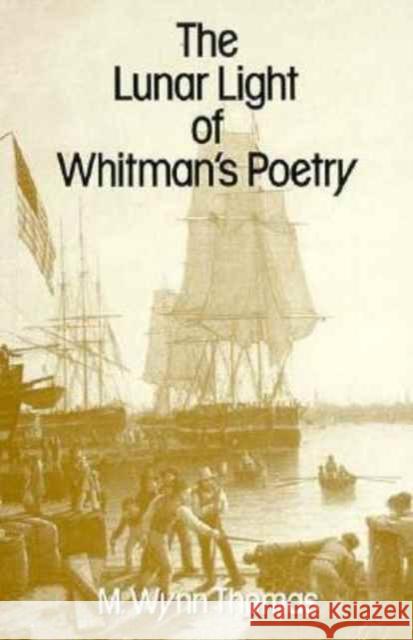The Lunar Light of Whitman's Poetry » książka
The Lunar Light of Whitman's Poetry
ISBN-13: 9780674539525 / Angielski / Twarda / 1987 / 313 str.
Walt Whitman stands freshly illuminated in this powerful portrait of the poet responding to his times.Whitman's idealistic expectations of democracy were painfully eroded by the rapidly expanding urban capitalism that, before the Civil War, increasingly threatened the economic and political power of the ordinary American. His poetry during this, his most fruitful period, became the indispensable medium allowing him to adjust to these developments. He succeeded in portraying this modern society as an invigorating natural extension of the artisanal order. After the war, however, American capitalism advanced at a pace that made it impossible for Whitman to redeem it through his poetry. His imagination defeated by realities, he invested more and more in dreams of the future, while his poetry turned to the past, Memory emerging as a central figure.In this many-sided analysis Thomas relates Whitman's work to American painting of the period; examines the poet's evocation of nature, which he sometimes saw as a challenge to man's confidence in himself; documents the revisions and additions Whitman made to Leaves of Grass in order to demonstrate that "my Book and the War are One"; and pays sympathetic attention to the postwar poetry, usually slighted.











